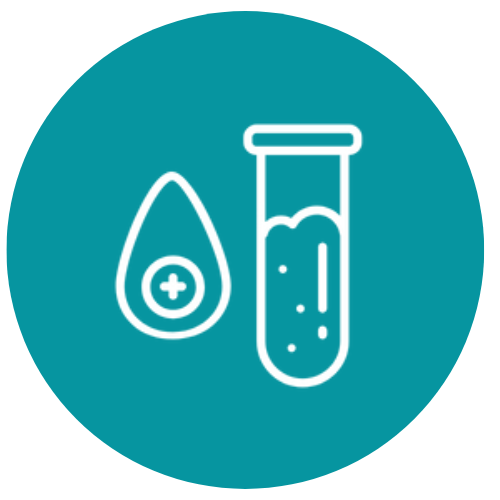
Serving Torrington, CT and surrounding area.
North Torrington Veterinary Hospital
Call us today at 📞 860-489-0607
“All Vet Techs are patient, caring and knowledgeable. They help keep my fur baby happy and healthy.”
– Theresa E.
“I love this place. The staff is amazing. Great prices when it comes to check ups vaccines etc. I’ll be switching my dogs over to here soon. But they see both of our cats at the moment!!”
-Alicia C.
Great place to care for your pets. Staff are amazing, so friendly and caring. The office is clean and inviting too. Highly recommended 👌
Eileen M.
About Us
We provide the best possible care for your pet.
North Torrington Veterinary Hospital cares for dogs, cats, and their families in Torrington, Litchfield, New Hartford, Winchester, Barkhamsted, Goshen, Harwinton, as well as many other towns in Connecticut. As a member of your community for over 25 years, we aim to provide the best medical care available for your pet and the best service possible to you and your family.
MEET OUR TEAM
Our team is committed to educating our clients on how to keep their pets healthy year-round.
COMPLETE FORMS ONLINE
Complete any relevant forms online in minutes to help save time when you visit our veterinary hospital.
TRAVEL CERTIFICATE
Let us assist you with any animal health requirements that may be specific to your destination.
MEET OUR TEAM
Our team is committed to educating our clients on how to keep their pets healthy year-round.
COMPLETE FORMS ONLINE
Complete any relevant forms online in minutes to help save time when you visit our veterinary hospital.
TRAVEL CERTIFICATE
Let us assist you with any animal health requirements that may be specific to your destination.
At North Torrington Veterinary Hospital in Torrington, CT, we treat your pets like the valued family members they are.
Our Services
Complete veterinary care for our patients at North Torrington Veterinary Hospital
Pet parents should be able to count on superior care and excellent service from the doctors and medical staff that care for their furry family members. We, at North Torrington Veterinary Hospital, have assembled an expert team of veterinary professionals to bring you the best possible healthcare for your pet with a state-of-the-art veterinary facility./p>

Pet Wellness Care

Pet Diagnostics

Pet Dentistry

Surgery Consults

Pet Wellness Care

Pet Diagnostics

Pet Dentistry

Surgery Consults
Your kind words mean the world to us, and we’re so thankful that you’ve taken the time to provide us with feedback.
Location
Torrington, CT
Hours
Sat: Please call first
Contact Info
Get Care
© 2025 North Torrington Veterinary Hospital | Privacy Policy



